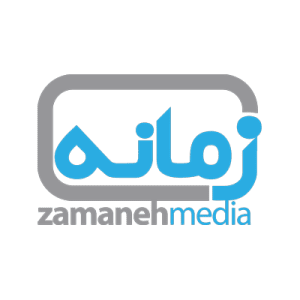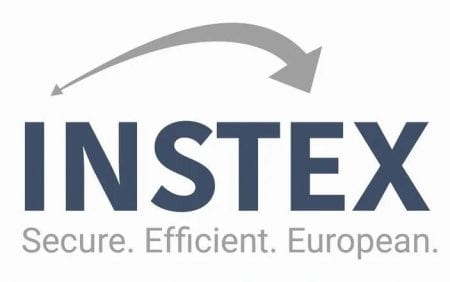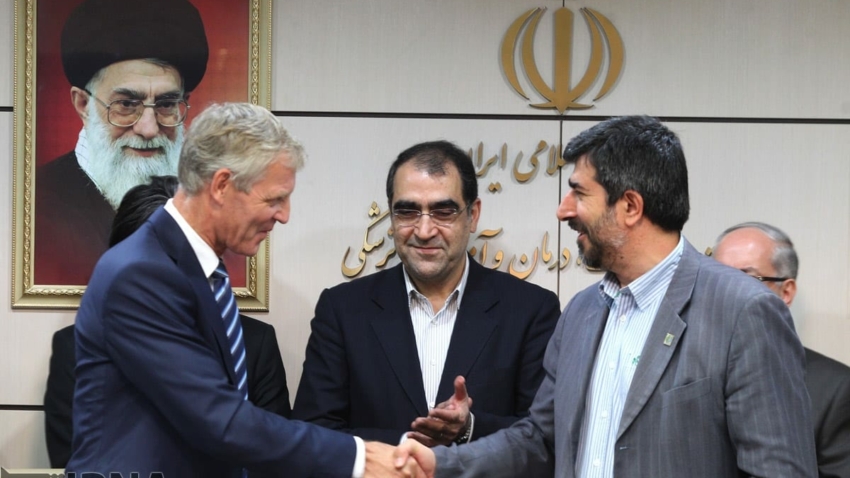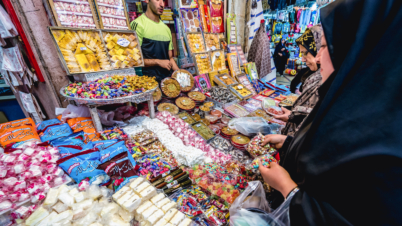According to the EU statistical bureau Eurostat the European export to Iran has plummeted 90 percent from 9,5 billion euro in 2018 to only 0,7 billion in 2019.
And import from Iran shows a similar tendency. In 2019 the 28 EU countries imported commodities worth only 4,5 billion euro compared to 8,9 billion the previous year.
Already when INSTEX was born, scepticism was voiced.
Head of Iran’s Central Bank, Abdolnasser Hemmati was one of them, saying that the system would never work, as long as the EU cannot import Iranian oil.
“INSTEX needs to be financed by importing oil from Iran to ensure its sustainable operation”, he said according to Financial Tribune suggesting that the European countries could open a long-term credit line for Iran to be repaid with oil import at a later date.
Rasmus Elling confirms that Iranians have long realized that the European countries cannot deliver.
“But still INSTEX has a value as a token of good faith showing Iran that European countries mean it when they say, they would like to trade with Iran”, he says.
But Iranian patience is running low as a televised speech by Iran’s spiritual leader Ayatollah Ali Khamenei showed in July 2020.
Here, the Supreme Leader was very outspoken on the uselessness of INSTEX, criticizing Europe’s behavior after the United States pulled out of the nuclear deal in 2018.
“Europeans did nothing” to assist Iran after the US pullout, he said, according to Radio Farda.
“Their latest initiative was a stupid toy called INSTEX”, he said characterizing the mechanism as “nonsense” adding Europeans did not even try to use INSTEX to help Iran.
Uncertain future
Danwatch and Zamaneh have repeatedly tried to reach INSTEX for an answer to the criticism but the office in Paris does not answer inquiries from the media.
But business sources and experts agree that the mechanism is not likely to succeed in the near future.
“INSTEX’s failure is proof of how incredibly difficult it is to escape the unprecedented US sanctions and that will not really change until a new American president is chosen”, Rasmus Elling says.
“Everyone is waiting to see if Biden (US Democratic presidential candidate, Joe Biden edi) will take over”.
However Joe Biden’s Iran policy is unclear.
In statements he has indicated that he wants the US to reenter the nuclear deal with Iran but whether he intends to soften the grip on Iran’s economy is unknown.
Asked about his position on Iran by the Council of Foreign Relations, a US think tank, Biden said:
“If Iran moves back into compliance with its nuclear obligations, I would re-enter the JCPOA (the nuclear deal) as a starting point to work alongside our allies in Europe and other world powers to extend the deal’s nuclear constraints”.
Economist Djavad Isfahani thinks that INSTEX is worth preserving for the day, US eases its economic grip on Iran.
“As long as there is such an unpredictable administration in Washington INSTEX is not going to work. But it has potential and Iran has been fairly patient, hoping to keep Europe on the table”, he says.
“Iran thinks that with time Europe will come to its senses and then Iran has a good channel to trade with Europe. And INSTEX is an important piece of that puzzle. There is a lot of potential in INSTEX, but it takes courage to use it”.
And so does Esfandyar Batmanghelidj, founder and publisher of Bourse & Bazaar, a media that supports business diplomacy between Europe and Iran.
Batmanghelidji insists that INSTEX has unrealized potential that just need time to blossom:
“INSTEX will not be able to revive the trade lost between Europe and Iran due to sanctions, but it can play an important role in easing the export of products from the EU to Iran, particularly pharmaceutical products for which Europe is Iran’s most important supplier”, he says.
Economist Mahdi Ghodi agrees.
“With INSTEXs in place, we have a mechanism to immediately facilitate trade between Iran and the EU as soon as relations between the US and Iran get better. It might even work before all sanction-related prohibitions are eliminated and banking relations with Iran are back to normal”, he says.




